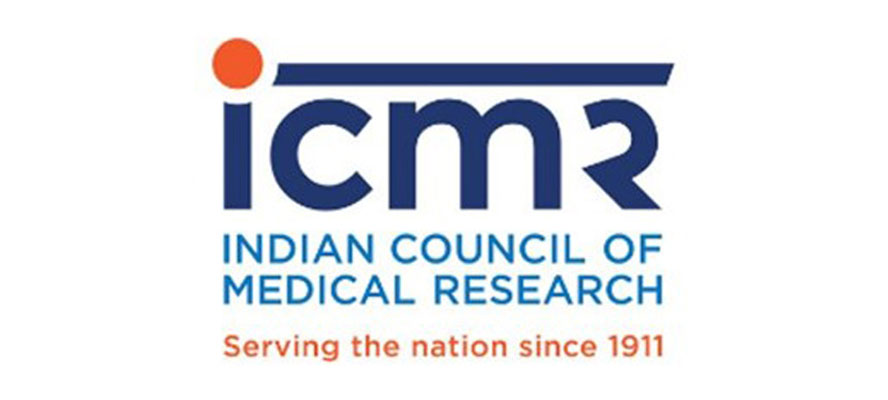A decision will be taken by the nodal officer or head of the department after taking into account the profile of such doctors and other health workers
The Union Health Ministry revised the quarantine period for doctors, nursing officers and other health workers with high-risk exposure to confirmed COVID-19 cases or respiratory specimens to one week against 14 days earlier.
A decision will be taken by the nodal officer or head of the department after taking into account the profile of such doctors and other health workers, according to an updated advisory issued on the management of healthcare professionals working in COVID and non-COVID areas of hospitals.
The earlier May 15 advisory stated that high-risk contacts should be quarantined for 14 days, tested as per ICMR testing protocol, actively monitored for development of symptoms and managed as per laid down protocol.
“For doctors, nursing officers and other health workers with high-risk exposure, the quarantine period shall be initially for one week only,” the updated advisory issue mentioned.
After a week, such high-risk contacts shall be tested as per ICMR testing protocol, actively monitored for development of symptoms and managed as per laid down protocol. If they test positive but remain asymptomatic they will follow protocol for very mild, mild and presymptomatic cases.
If they test negative and remain asymptomatic, they should complete the 14-day quarantine and return to work. If symptoms develop, mild cases can opt for home isolation while moderate cases that require oxygen therapy should be managed at a Dedicated COVID Health Centre and severe cases should be managed in a dedicated COVID Hospital.
As for low-risk contacts, they shall continue to work. They will self-monitor their health for the development of symptoms. In case symptoms develop, the guidance based on mild, moderate and severe cases should be followed, the advisory said.
“The advisory has been updated based on the evolving scenario and with more information regarding coronavirus infection coming to the fore,” a health ministry official said.
The document underlines that healthcare personnel working in hospitals are at increased risk of contracting the COVID-19 disease if there is a breach in personal protection while managing patients.
A large number of COVID-19 affected health personnel getting isolated for treatment and their close contacts undergoing quarantine affects the health/ hospital service delivery.
According to the standard operating procedures to be followed in case of exposure/breach of PPE, all healthcare workers must report every exposure to COVID-19 to the concerned nodal officer and HoD of the concerned department immediately.
The Nodal Officer will get the exact details of exposure to ascertain whether the exposure constitutes high risk or low-risk exposure.
Besides, as mentioned in the earlier advisory, nodal officer (Infection Control Officer) shall be identified by each hospital to address all matters related to Healthcare-Associated Infections (HAIs).
The nodal officer has to ensure that healthcare workers in different settings of hospitals use PPEs appropriate to their risk profile, as detailed in the guidelines issued by the ministry, and they have undergone training on IPC and are aware of common signs and symptoms, need for self-health monitoring and prompt reporting of such symptoms, the advisory stated.
The officer also has to make provisions for a regular (thermal) screening of all hospital staff and ensure that all healthcare workers managing COVID-19 cases are provided with chemoprophylaxis under medical supervision, the ministry said.
On actions for healthcare workers, the advisory says it needs to be ensured that all preventive measures like frequent washing of hands/use of alcohol-based hand sanitisers and respiratory etiquettes (using tissue/handkerchief while coughing or sneezing) are followed at all times.
“He or she shall use appropriate PPE at all times while on duty,” the advisory said, stressing on the need to ensure that there is no breach in infection prevention control practices.
- Advertisement -


